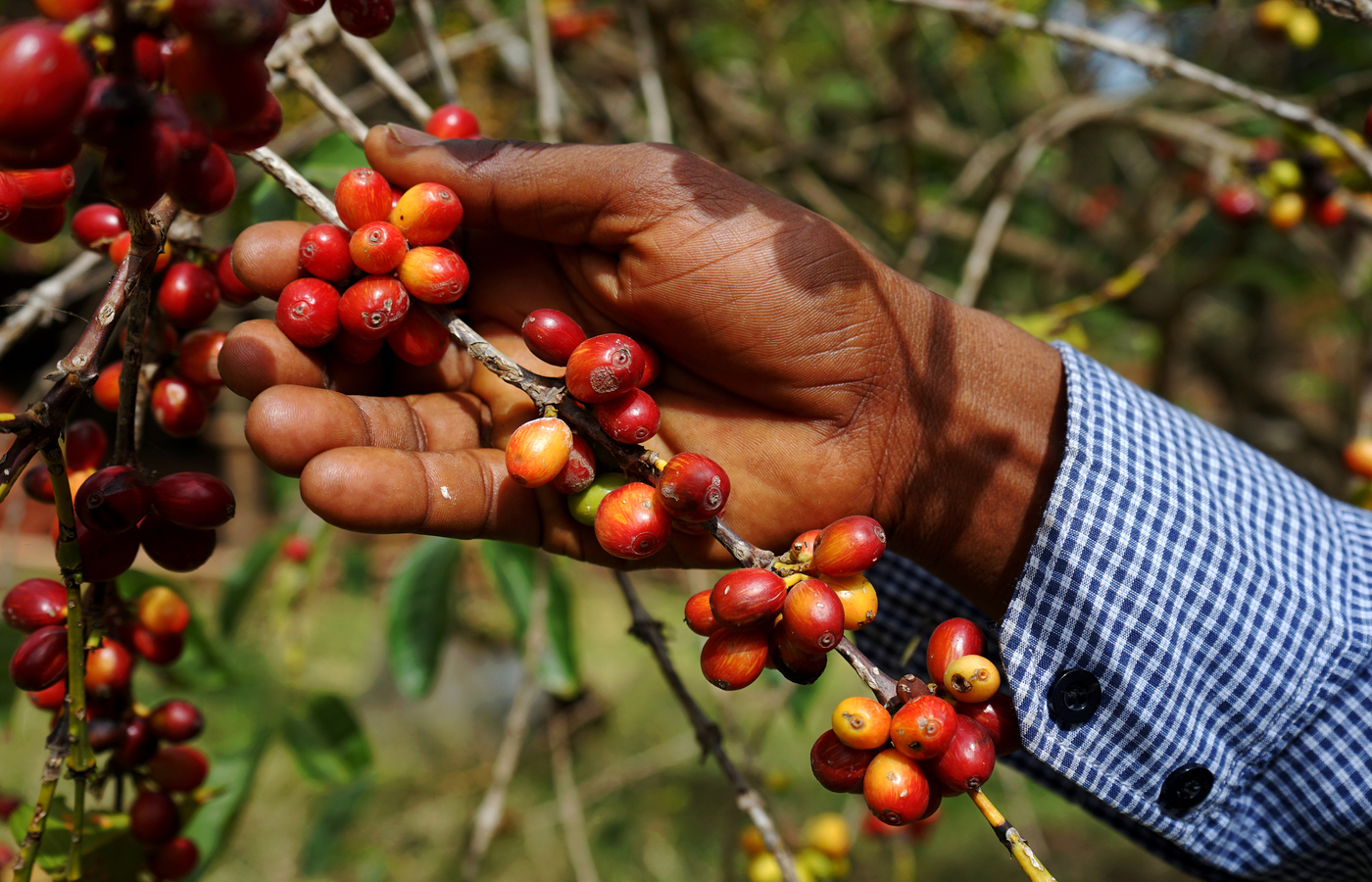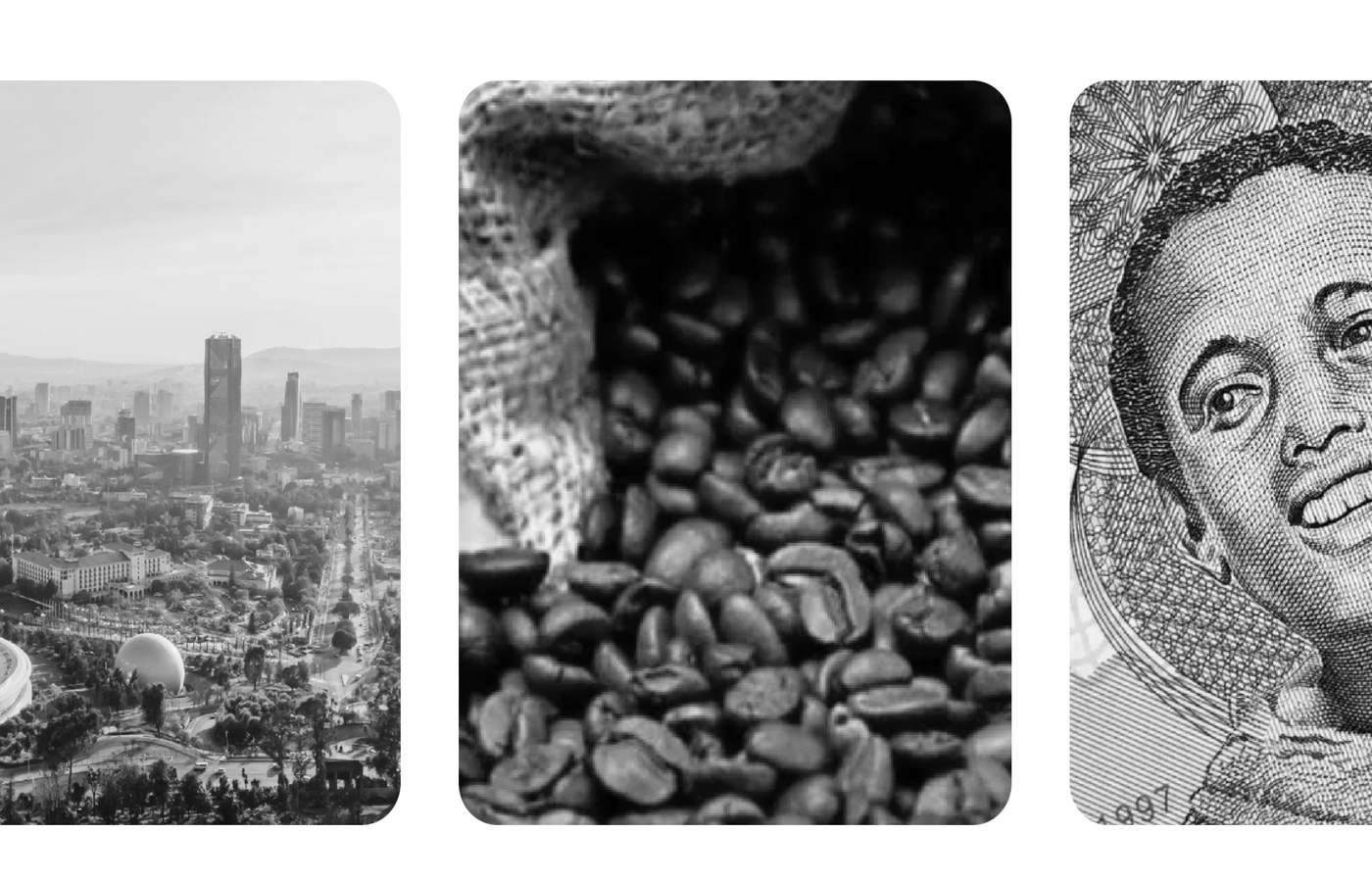Inspired by Kenya's success with tea, Ethiopia is scaling up planting to develop the crop into a major foreign exchange earner to rival earnings from its dominant coffee exports.
Currently, tea exports bring in two million dollars annually versus over one billion dollar for coffee. But after Prime Minister Abiy Ahmed visited the top producer Kenya in 2019, Ethiopia has significantly expanded planting.
Over 460 million tea saplings have been propagated and 30,000 hectares added since. The government aims to develop tea like coffee, leveraging suitable highlands and long harvest cycles.
Export earnings from tea were also modest at $2.1 million from 950 tons shipped in the last 11 months, though showing a 50 percent rise over the previous year.
"Lack of wide investor participation has hindered Ethiopia from realizing the foreign exchange that should be possible from its natural resources and suitable climatic conditions for tea," said Ethiopian Coffee and Tea Authority Director General Adugna Debella.
The authority is offering incentives to attract more farmers and investors into cultivating tea for major importers like the U.K.
Ethiopia has favorable weather and soil to produce tea, including on acidic and hilly lands. The Authority urged more farmers and investors to seize the opportunities in tea's multi-decade harvest cycle and job creation.
Ethiopia currently exports over 99 percent of its tea production mainly to England. Boosting yields through increased private investment is seen as key to realizing tea’s economic potential for the East African nation.





